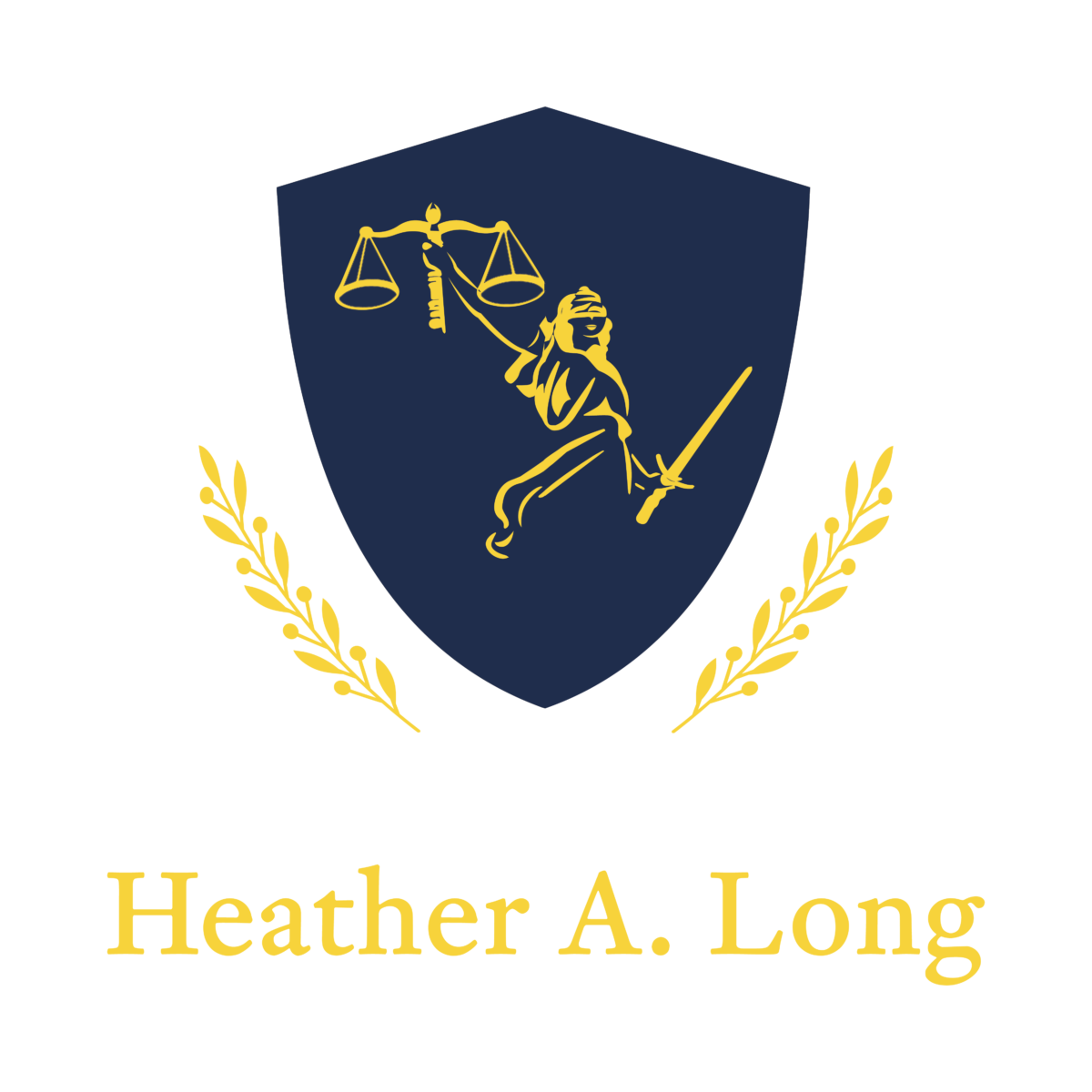PERSONAL INJURYCatastrophic Claims
Has An Injury or Illness Made You Suffer More?
RESTORING HOPE AFTER CATASTROPHIC EVENTS
Catastrophic claims refer to legal cases where you (or a loved one) have sustained a severe injury or illness resulting in long-term care needs, significant medical expenses, debilitating disease, or another similar significant loss. Some examples of catastrophic injuries include traumatic brain injuries, spinal cord injuries, severe burns, amputations, asbestosis. Catastrophic claims can arise from a variety of situations, including car accidents, workplace accidents, hazardous chemical exposure, and defective products.
Unsure of Your Legal Options for Compensation?
WE ARE YOUR PARTNER IN CATASTROPHES
In a catastrophic claim, the plaintiff may seek compensation for a wide range of damages, including medical expenses, lost income, lost earning capacity, pain and suffering, and emotional distress. These cases can be particularly challenging because they can be painful to discuss, but involve significant damages and require extensive documentation and expert testimony to establish the full extent of the loss.
Given the complex nature of catastrophic claims, it is important to seek the guidance of an experienced attorney who can help navigate the legal process, ensure that all necessary evidence is gathered and presented effectively, and fight for fair compensation on behalf of the plaintiff.
In many cases, you may be entitled to compensation after a catastrophic event. This compensation can help cover the costs associated with medical treatment, ongoing care and support, lost income, and other damages resulting from the event. However, the specifics of what compensation is available and how to go about pursuing it will depend on the individual circumstances of your case. It is recommended to consult with a qualified attorney to discuss your options for seeking compensation. Contact Long & Greenberg today to discuss your options!
Contact
Odessa, DE, 19730
Nights and weekends by appointment.
Virtual appointments also available!
Frequently Asked Questions
In Delaware, if you have suffered a catastrophic injury or illness that has resulted in lost wages or income, you may be able to recover those losses through a personal injury claim. To do so, you will need to prove that your injury was caused by someone else’s negligence or wrongdoing. To recover lost wages and income in a personal injury lawsuit, you will need to provide evidence of your earnings prior to the injury, as well as evidence of the wages or income you have lost as a result of the injury. This may include documentation such as pay stubs, tax returns, and other financial records.
In addition to lost wages and income, you may also be able to recover other damages related to your catastrophic injury, such as medical expenses, pain and suffering, and loss of enjoyment of life. The amount of damages you can recover will depend on the specific facts of your case and the severity of your injuries.
Contact the Law Office of Heather A. Long today to schedule a free consultation!
If you have suffered a catastrophic injury or illness that was caused by someone else’s negligence, you may be entitled to receive medical benefits as part of a personal injury lawsuit. The specific medical benefits you are entitled to receive will depend on the nature and extent of your injuries, as well as the terms of any insurance policies that may apply. Generally, medical benefits in a personal injury case may include:
- Payment of Medical Expenses: You may be entitled to have your medical expenses paid for, including hospital bills, doctor’s visits, prescription medications, and other related costs.
- Rehabilitation Services: If your injury requires rehabilitation services, such as physical therapy or occupational therapy, you may be entitled to have those services covered.
- Medical Equipment: You may be entitled to receive medical equipment that is necessary for your recovery, such as wheelchairs, crutches, or other assistive devices.
- Home Health Care: If your injuries require ongoing care or assistance, you may be entitled to receive home health care services.
You may be entitled to future medical benefits if your injuries require ongoing medical care. If you have suffered a catastrophic injury or illness and are seeking medical benefits as part of a personal injury lawsuit, it’s important to consult with an experienced personal injury attorney who can help you understand your rights and navigate the legal process.
Contact the Law Office of Heather A. Long to schedule a free consultation!
CONTACT THE LAW OFFICE OF HEATHER A. LONGCall us today, e-mail us or leave a message
Get a free callback
"*" indicates required fields


